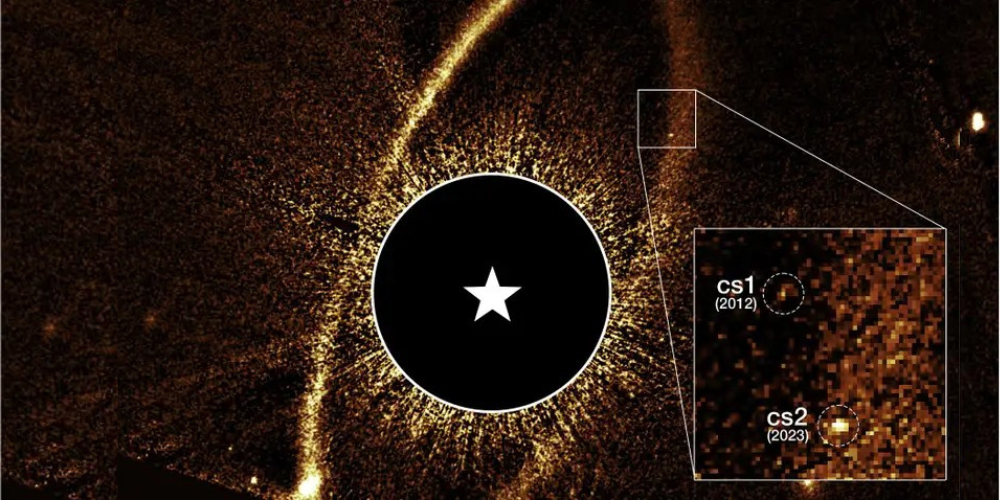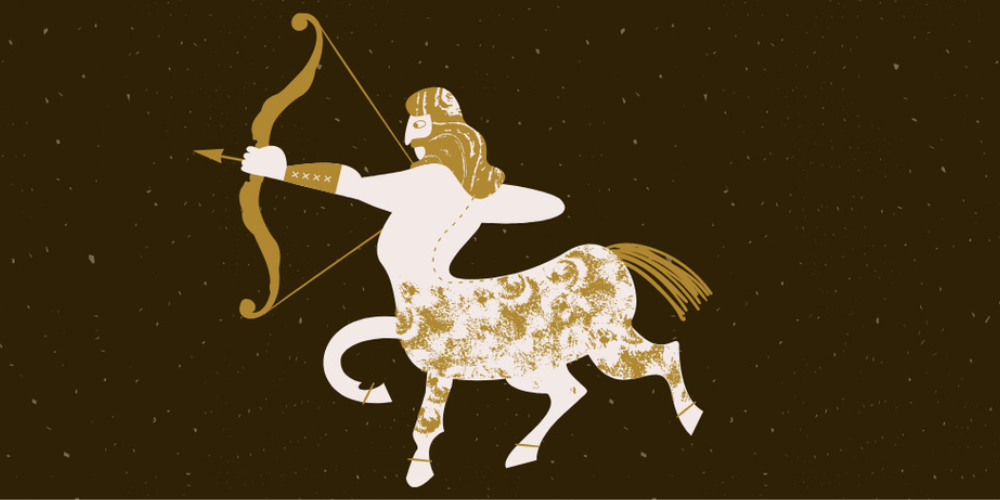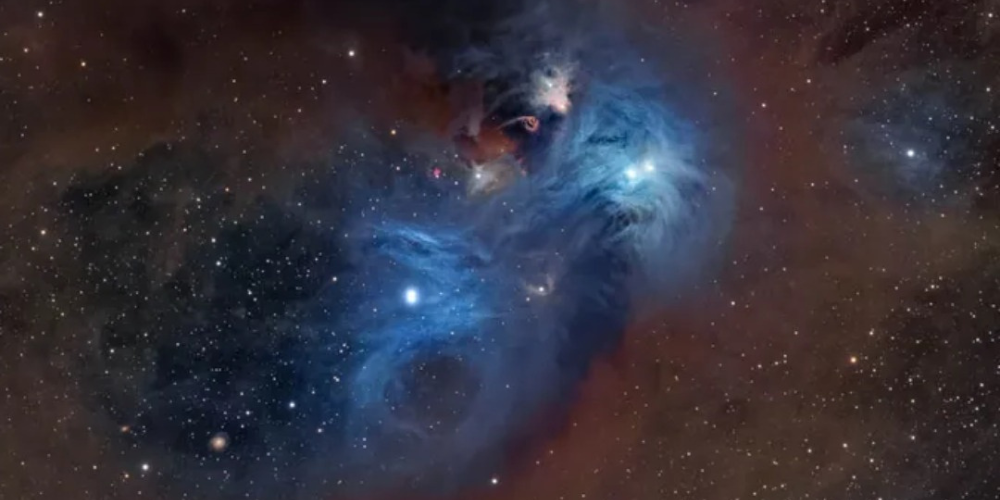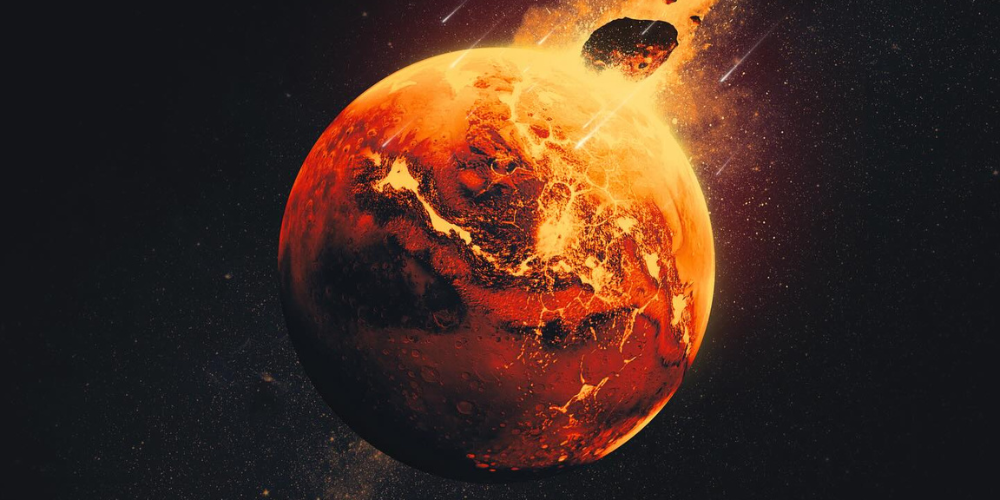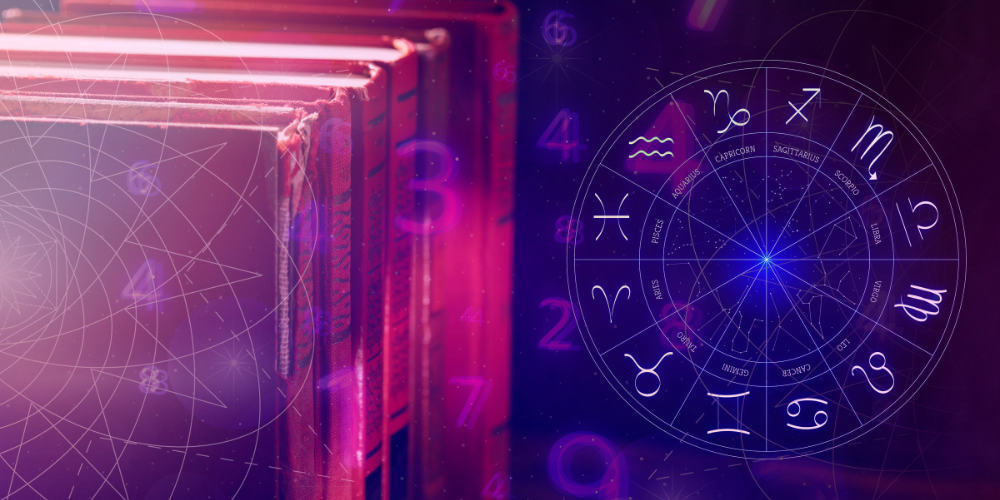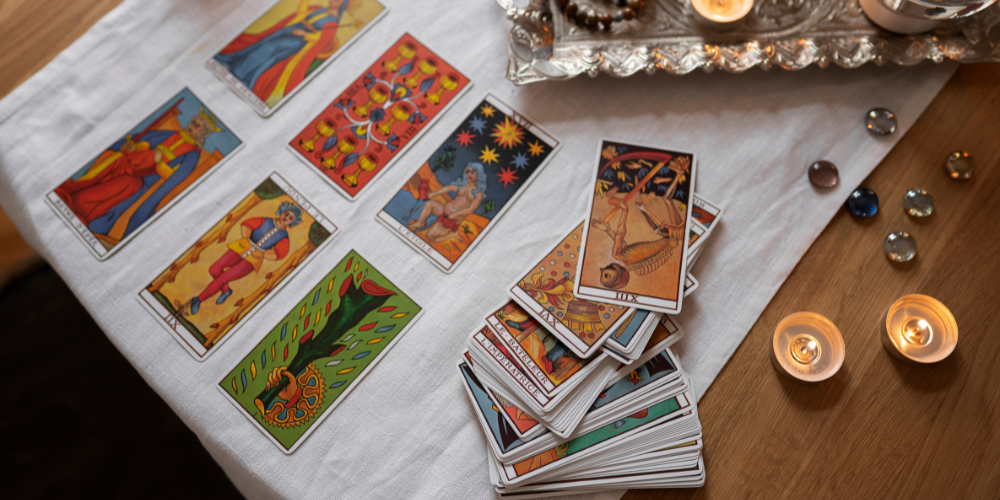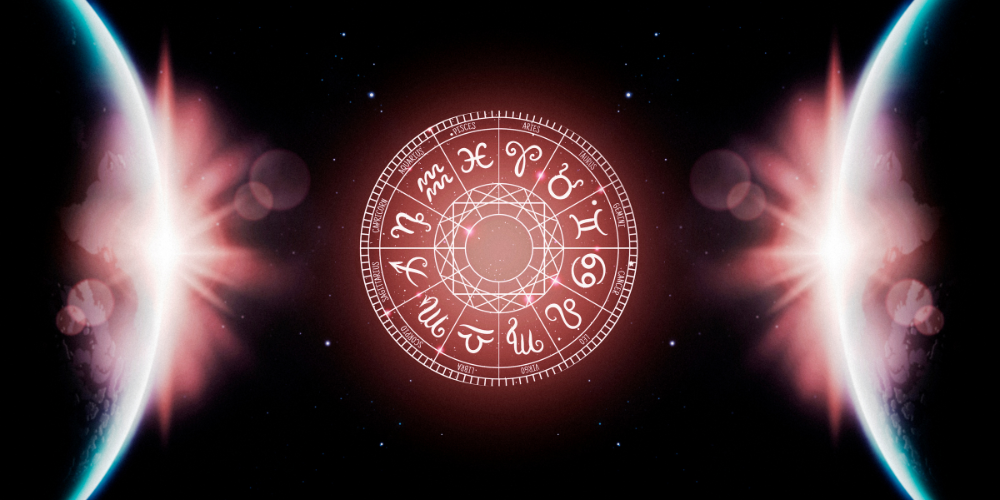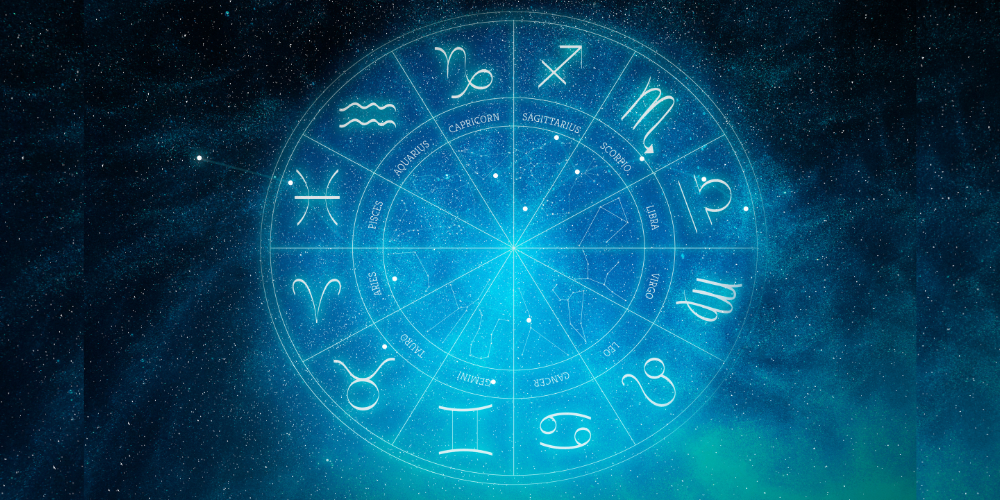Astronomers have captured a rare cosmic event near the nearby star Fomalhaut. Two large asteroids collided, creating massive clouds of dust. Observing these collisions as they happen provides a unique chance to understand how planetary systems form. This also offers clues about the early days of our own solar system. Fomalhaut has long puzzled researchers. In 2008, Paul Kalas from the University of California, Berkeley, and his team reported what seemed to be a giant planet orbiting the young star. Their discovery was based on Hubble Space Telescope images from 2004 and 2005. The object, called Fomalhaut b, sparked debate. Astronomers questioned whether it was a planet slightly larger than Jupiter or a cloud of debris....
There’s something magnetic about Sagittarius. This zodiac sign, active from November 22 to December 21, carries a spark that feels instantly recognizable—bold, curious, and constantly on the move. Sagittarius blends passion, intensity, and flexibility in a way that sets them apart. Their symbol, the archer, reflects a spirit that shoots toward distant horizons, eager to uncover meaning in places many people would skip. From remote rivers to historic sites filled with forgotten stories, Sagittarius pursues knowledge with an energy that rarely slows down. The Core Nature of Sagittarius Sagittarius is the final fire sign, and its traits burn with motion and curiosity. This sign is mutable, which explains its constant pull toward change and exploration. Freedom...
In his newest deep-space image, astrophotographer Greg Meyer turns the cosmos into a canvas. His subject — a nebula shaped like a furious baboon — has been dubbed the Rampaging Baboon Nebula. Streams of gas and dust weave through the frame, glowing in hues that give the scene a startling sense of movement. The photograph spotlights the complex beauty and creative chaos that define our galaxy’s stellar nurseries. A Nebula Like No Other The nebula lies about 500 light-years away in the constellation Corona Australis. Its shape suggests the face of a mandrill, with molecular dust sculpting the mouth and facial contours. The bright blue eyes are created by reflection nebulas that scatter starlight, adding a...
Mars has always been a planet of mystery, but fresh research suggests the Red Planet hides something far more unusual beneath its surface. Instead of a neatly layered interior, scientists have discovered that Mars’ mantle may be filled with giant chunks of rock left over from its violent early years. This finding reshapes the way experts view the inner structure of the planet and offers a rare glimpse into conditions dating back more than 4 billion years. Mars’ Messy Interior When most people think about the inside of a planet, the picture is often a series of tidy layers stacked one on top of another, like a clean geological cake. Mars, however, refuses to fit that...
Lightning might seem like a sudden burst from the sky, but the science behind it runs deep—and recent research has added an electrifying twist. Scientists have long known that thunderstorms build electrical charges until they discharge in brilliant flashes of lightning. What’s new is the evidence pointing to an unexpected trigger: cosmic rays. Researchers at Los Alamos National Laboratory have uncovered clues that suggest lightning may actually start with particles from outer space, opening a fresh angle on this natural phenomenon. A Shift in Understanding Thunderclouds have always been the stage for lightning. Traditional understanding says it begins when opposite charges build up in a storm—positive at the top, negative at the bottom. Once the difference...
The Vera C. Rubin Observatory has officially raised the bar for what “big data” means in astronomy. After releasing its first batch of cosmic images, the observatory isn't just capturing the night sky—it's creating one of the most extensive visual datasets humanity has ever seen. Powered by the world’s largest digital camera, the images are so detailed and expansive that processing them requires not just high-speed networks, but a whole digital ecosystem: seven international data brokers, three massive data centers, and a uniquely named management system called the Data Butler. The Scale of Rubin’s Cosmic Images What makes Rubin Observatory's contribution truly staggering is the sheer volume and precision of the data it collects. Once it...
Comet Astrology Myths and Facts Explained: Do They Bring Disaster?
When discussing comet astrology, myths, and misconceptions often take center stage. Throughout history, comets have been seen as omens, sparking fear and speculation about their influence on earthly events. From ancient civilizations to modern interpretations, the mysterious nature of comets has led to a fascinating blend of myth and fact.
The Ancient Perspective on Comets
In ancient times, comets were often viewed with a sense of dread. Ancient Greeks considered them as anomalies, disruptions in the heavens that could signal disaster. The bright tails of comets, visible even from Earth, were linked to extreme weather, such as droughts and storms. This association fueled the belief that comets were harbingers of natural calamities, bringing destruction wherever they appeared in the sky.

kjpargeter | Freepik | Ancient Greeks considered comets as anomalies, disruptions in the heavens that could signal disaster.
For instance, historical records suggest that comets’ appearances coincided with significant disasters. In 373-372 BC, a comet was observed as earthquakes and tsunamis wreaked havoc. This connection between comets and disasters only deepened the fear surrounding them, leading to the widespread belief that comets were a sign of divine displeasure.
Comets as Symbols of Change
Beyond natural disasters, comets were also seen as political and social upheaval indicators. In ancient Rome, comets were associated with leaders’ deaths and empires’ downfall. Julius Caesar’s assassination in 44 BC was linked to a bright comet in the sky, interpreted as a sign that his soul had ascended to the heavens. This event reinforced the belief that comets were omens of significant and often tragic events.
This association persisted through the Middle Ages when comets continued to be viewed as symbols of evil power. They were blamed for wars, plagues, and kings’ deaths. For instance, the infamous Halley’s Comet was linked to multiple disasters over the centuries, including the Battle of Hastings in 1066 and the Black Death in 684 AD. These events contributed to the notion that comets brought not just natural disasters but human suffering as well.
Astrological Interpretations of Comets
From an astrological perspective, comets have long been seen as disruptive forces. Ancient astrologers would study a comet’s color, shape, and path to predict its influence. For example, a comet passing through a fire sign was believed to signal wars and conflicts, while one in a water sign might predict floods or storms. The location of the comet in the zodiac and its proximity to certain planets would inform astrologers about the types of events it might herald.
Astrologers also associated specific countries with zodiac signs, suggesting that a comet in a particular sign could spell disaster for the nations it represented. This method of interpretation linked comets to everything from natural phenomena to political strife, reinforcing their reputation as ominous portents.

kjpargeter | Unsplash | Comets are now often seen as catalysts for transformation rather than purely negative omens.
Modern Views on Comets in Astrology
In more recent times, the interpretation of comets has evolved. While still regarded as symbols of change, they are now often seen as catalysts for transformation rather than purely negative omens. The release of energy as a comet approaches the sun is seen as a metaphor for releasing new ideas and breaking old patterns.
Comets are now sometimes viewed as bearers of innovation, symbolizing the birth of new thoughts and movements. Their unpredictable nature still suggests disruption, but this disruption is often framed as a necessary step toward progress and growth.



